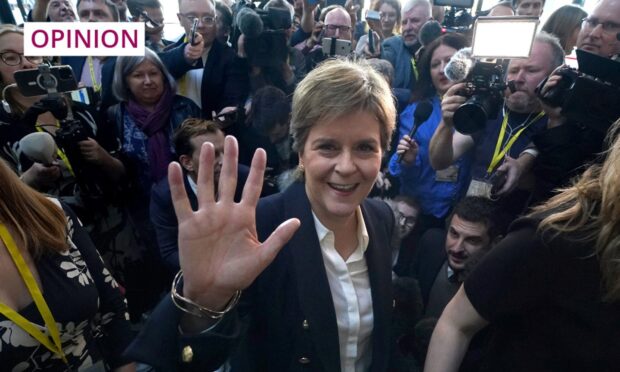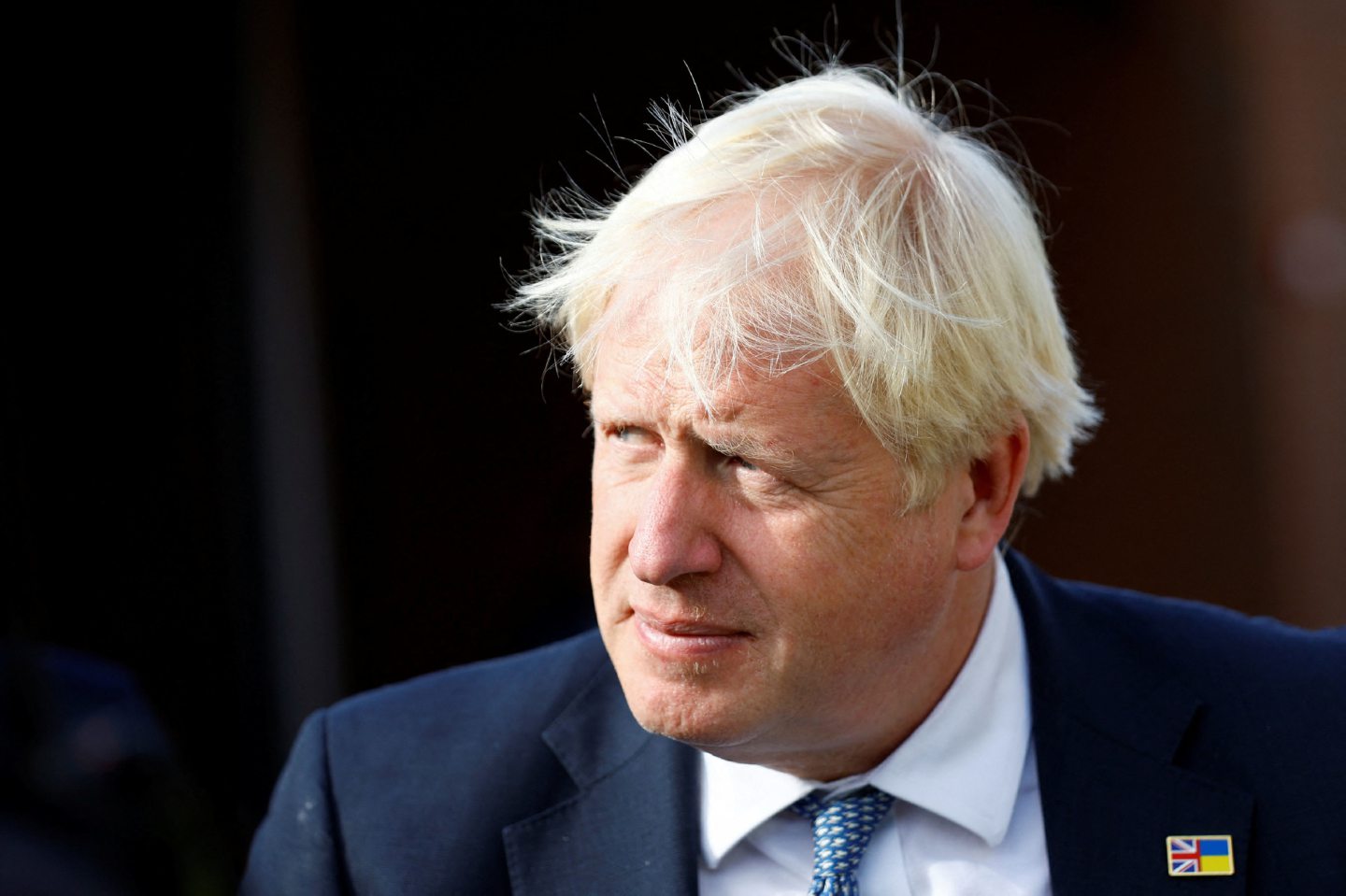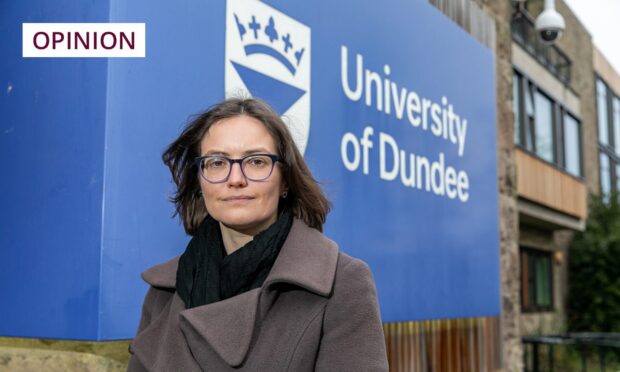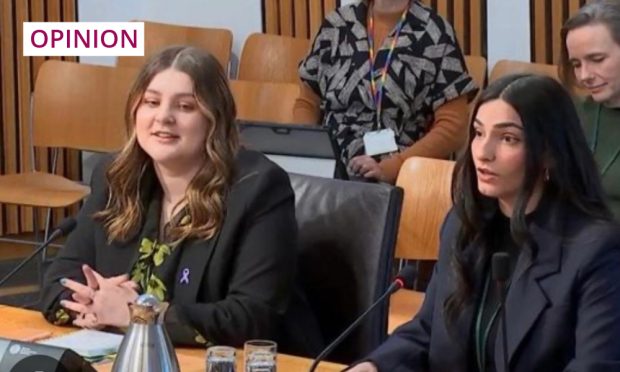Even her most ardent apologists would surely agree that Nicola Sturgeon’s stock has certainly not risen in the weeks and months since she left office.
The party she led has fallen apart, now significantly behind Labour in the polls and facing a near wipe-out at the next General Election.
The public services she oversaw for almost a decade are equally dilapidated, with a £1billion black hole in the public finances also emerging on her watch.
The police continue to investigate her and her husband over concerns about the SNP’s accounts (both were released without charge pending further investigation).
There is little here for her apologists to reflect on fondly, but Sturgeon’s handling of the Covid-19 pandemic was supposed to be her saving grace.
Yes, it is true that outcomes were little better in Scotland than the rest of the UK.
Yes, it is also true that the former first minister made major mistakes, not least her disastrous ‘zero Covid’ policy, which proved impossible to implement in authoritarian China let alone SNP Scotland.
But those issues are beside the point to her apologists.
‘Tenuous legacy unravelling’
For them, Sturgeon was a great leader in the pandemic because she was not Boris Johnson.
She followed the experts, listened to the advice, communicated honestly with the public.
She prioritised people over profit, the NHS ahead of business. Certainly, there were no parties at Bute House under her watch, and that included during the pandemic.
And yet in just a few short days even this tenuous legacy has begun to rapidly unravel as questions are raised about missing messages the former first minister had, quite categorically, pledged to deliver to the Covid-19 inquiries.
Indeed, in response to a question from Channel 4’s Ciaran Jenkins at the time, Sturgeon agreed she would “guarantee” to share all relevant messages as evidence.
‘Can you guarantee to the bereaved families that you will disclose emails, WhatsApps, private emails if you’ve been using them. Whatever. That nothing will be off limits in this inquiry?’
My question to @NicolaSturgeon August 2021
— Ciaran Jenkins (@C4Ciaran) October 29, 2023
But now, while the inquiries have very much arrived, the messages, it seems, have not.
It is not the intention here to speculate whether the former first minister might have deleted messages, or indeed what any deleted messages might have said.
Her successor has unconvincingly suggested the Scottish Government previously advised deleting messages every 30 days, and Sturgeon may have been following this protocol, although curiously did not mention it when she guaranteed to hand over all relevant messages for public scrutiny.
Nor does this bizarre policy of deleting messages explain why Humza Yousaf himself – and, indeed, the former finance secretary Kate Forbes – kept their messages in what would theoretically be a breach of the policy.
‘Unenviable position’
Perhaps Sturgeon was just more diligent than other senior members of her government – although not, it seems, as diligent as her National Clinical Director Jason Leitch who it’s claimed chose to delete his WhatsApp messages (the Scottish Government insist proper guidance was followed).
In reality, we will have to wait until the end of the inquiries – if even then – to understand what really happened and why there was, at the very least, such confusion about basic record keeping in Sturgeon’s government.
But that this ambiguity exists at all is, in itself, perhaps more revealing, and more damaging to her legacy.
Even Boris Johnson, a man it is often suggested has a lot to hide, has shared his WhatsApp messages with the relevant authorities.
Many of these – as the current Covid-19 inquiry in England is showing – are deeply embarrassing but he nevertheless agreed to submit them to public scrutiny anyway.
Thus, this debacle has left Sturgeon looking less transparent and scrupulous than a man who, according to his former editor, “would not recognise truth if he saw it in an identity parade”.
And that – even for a leader with a legacy as debatable as Sturgeon’s – is an unenviable position to be in.












Conversation